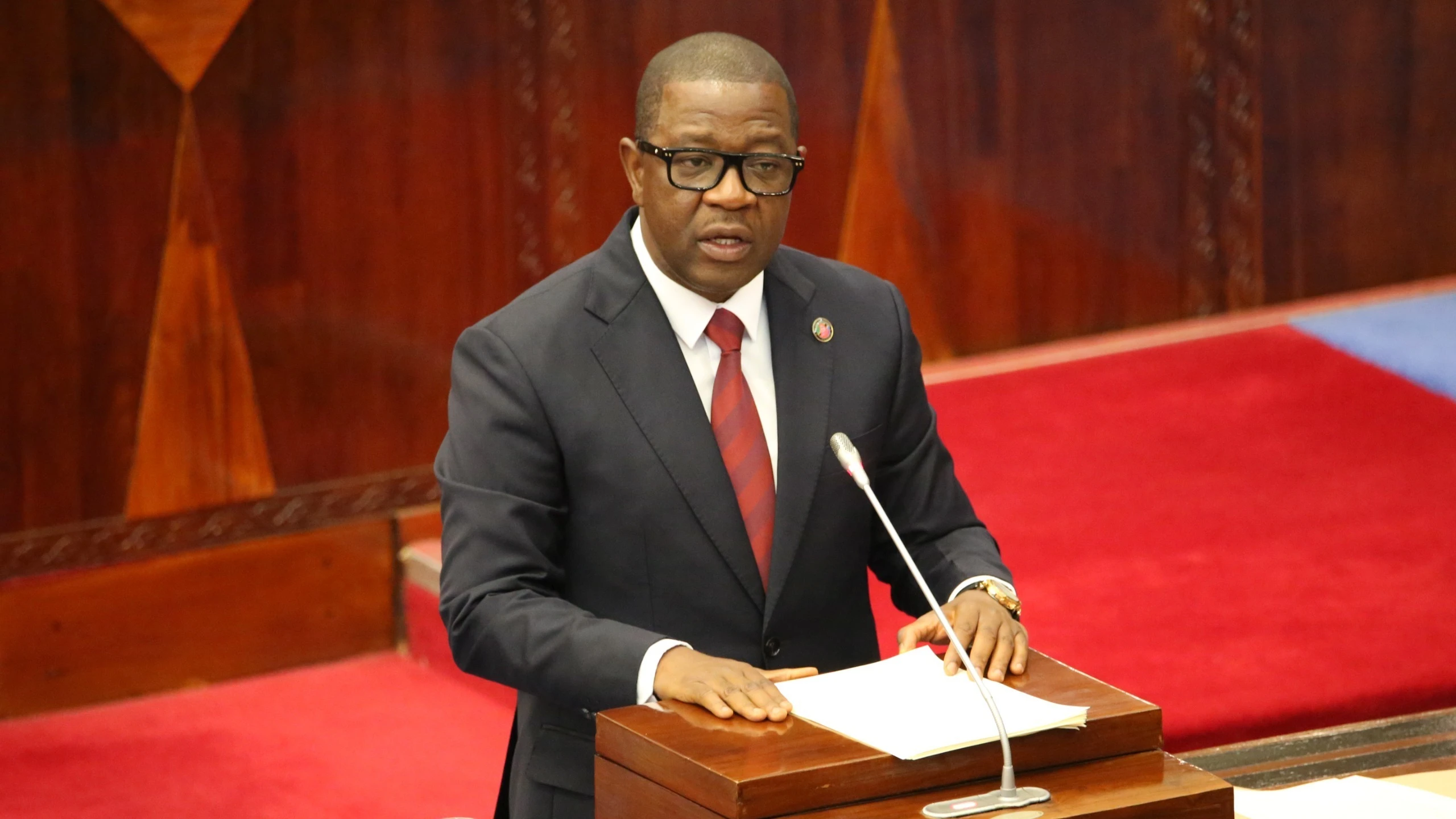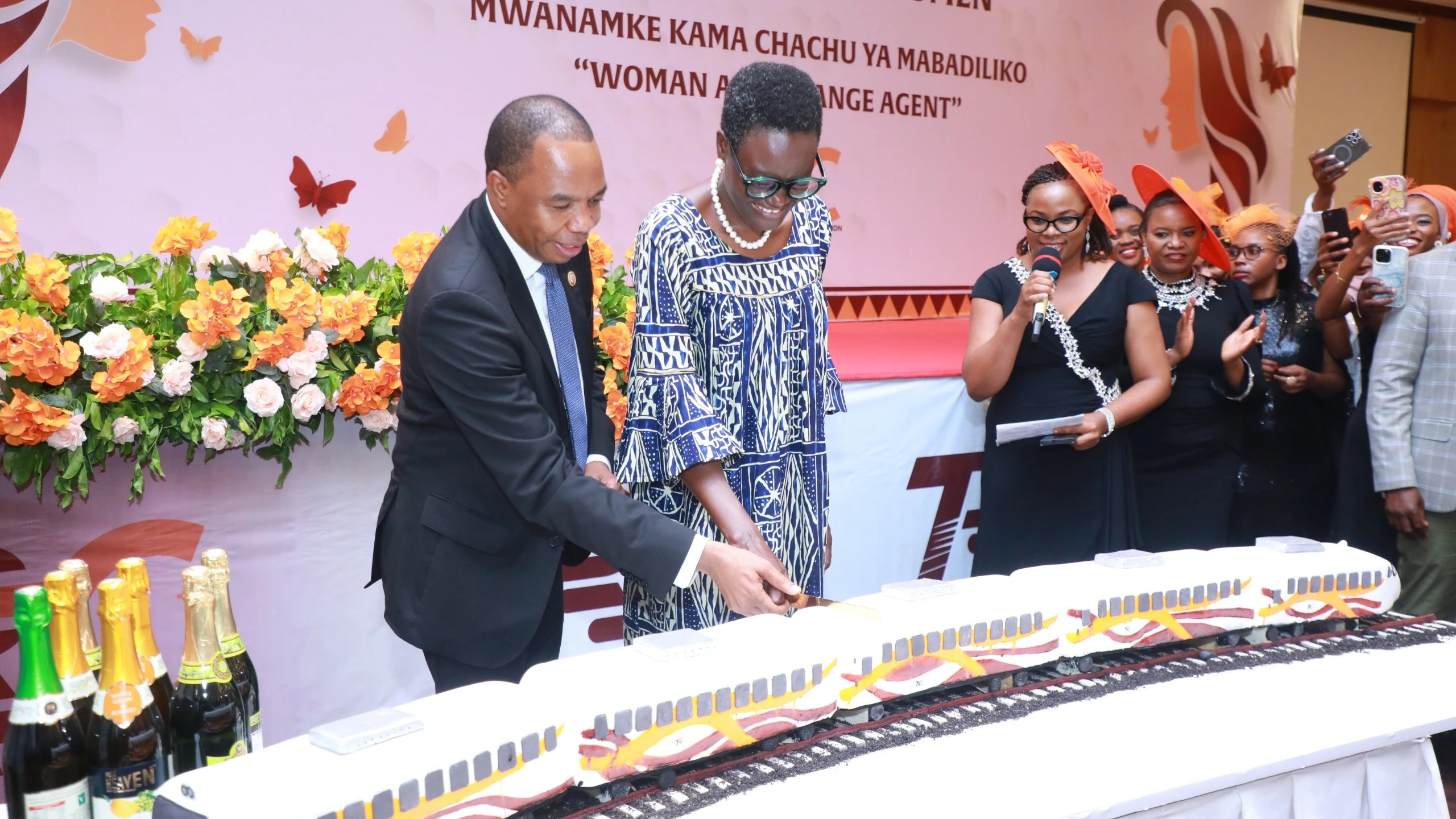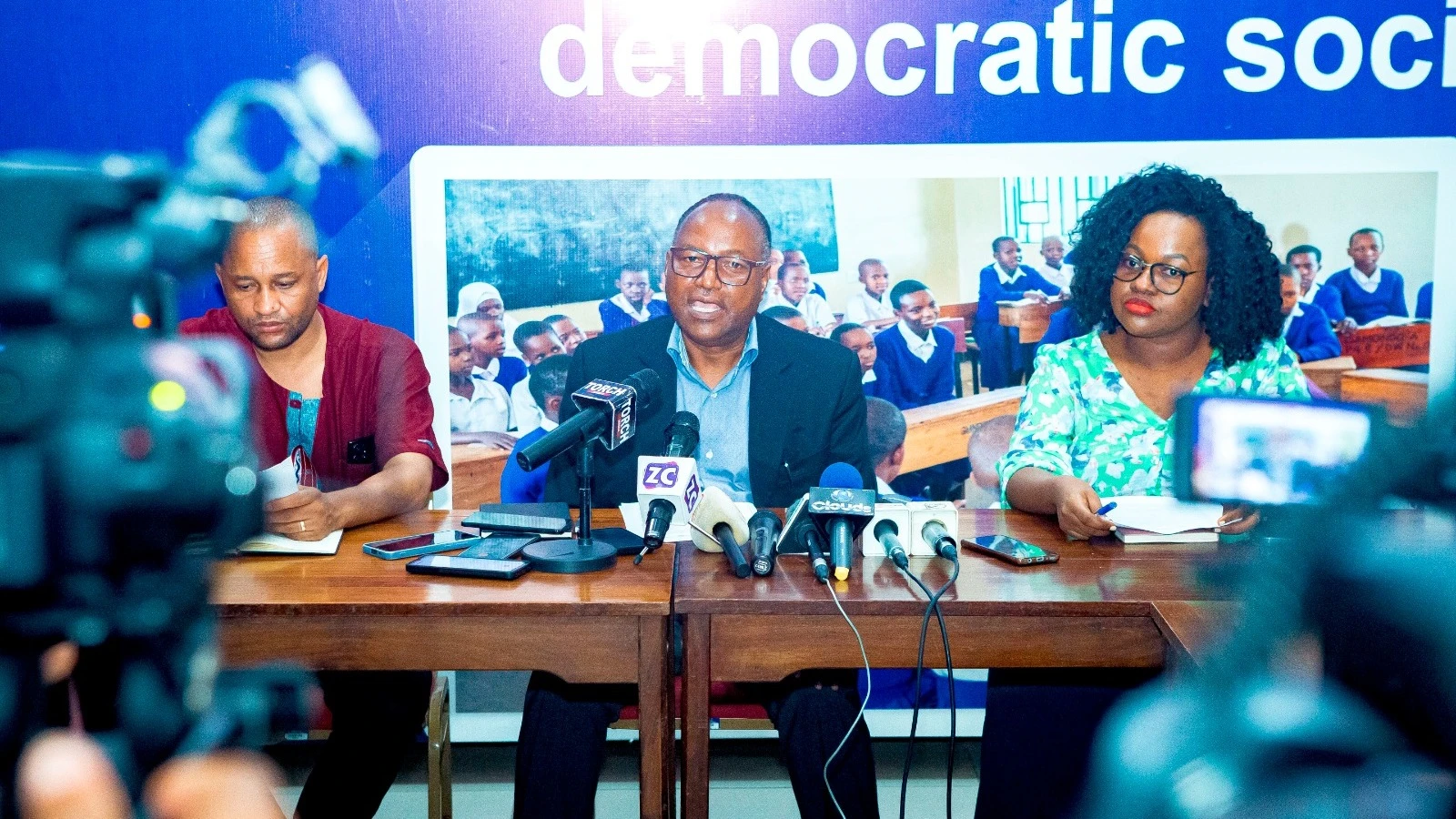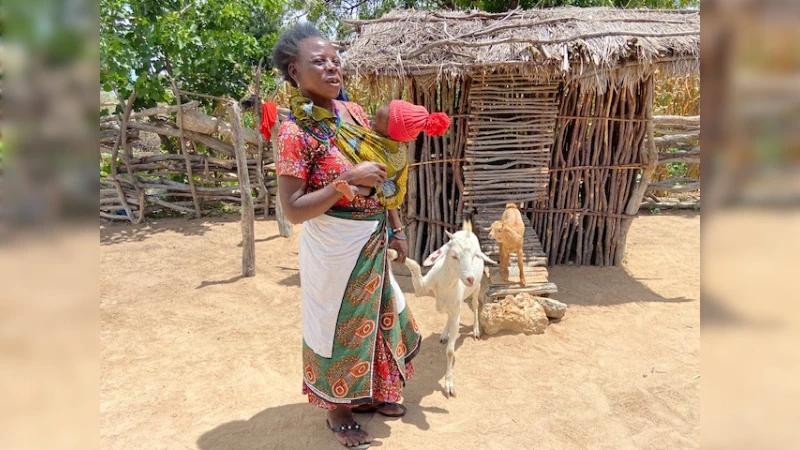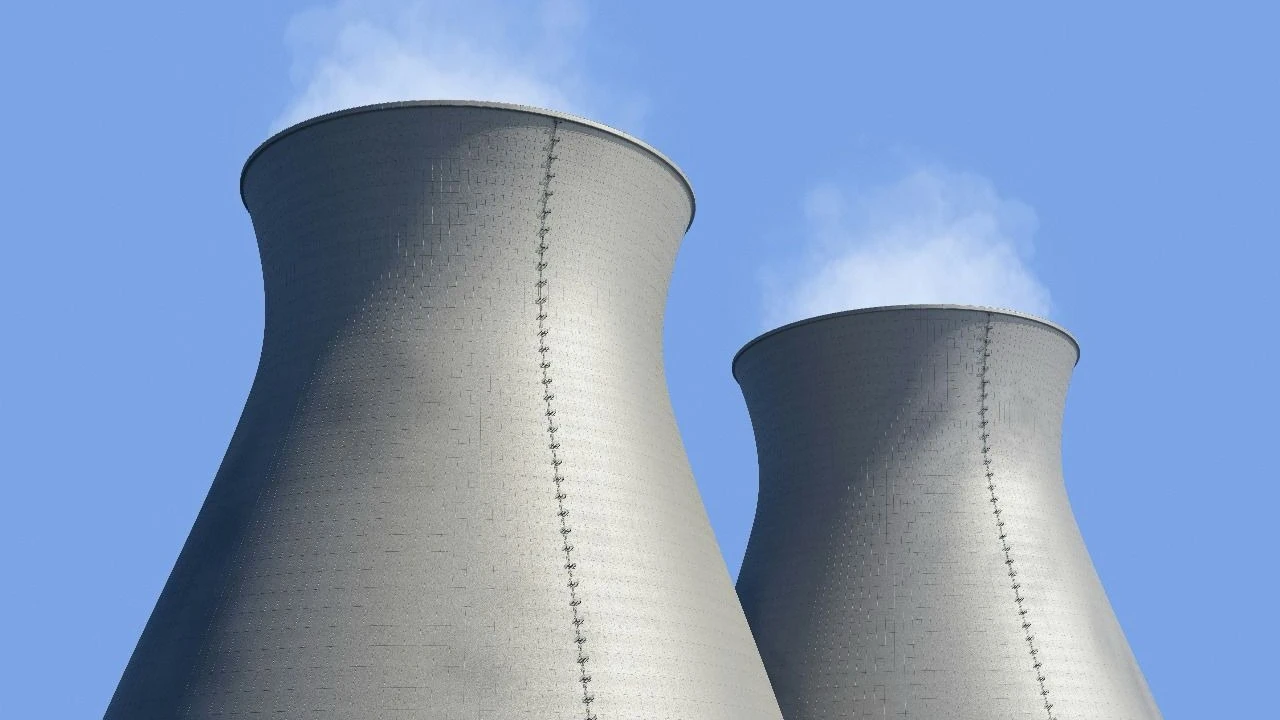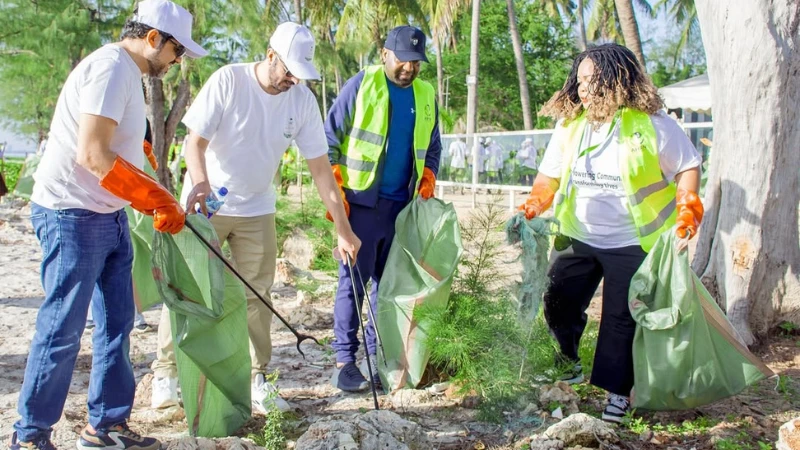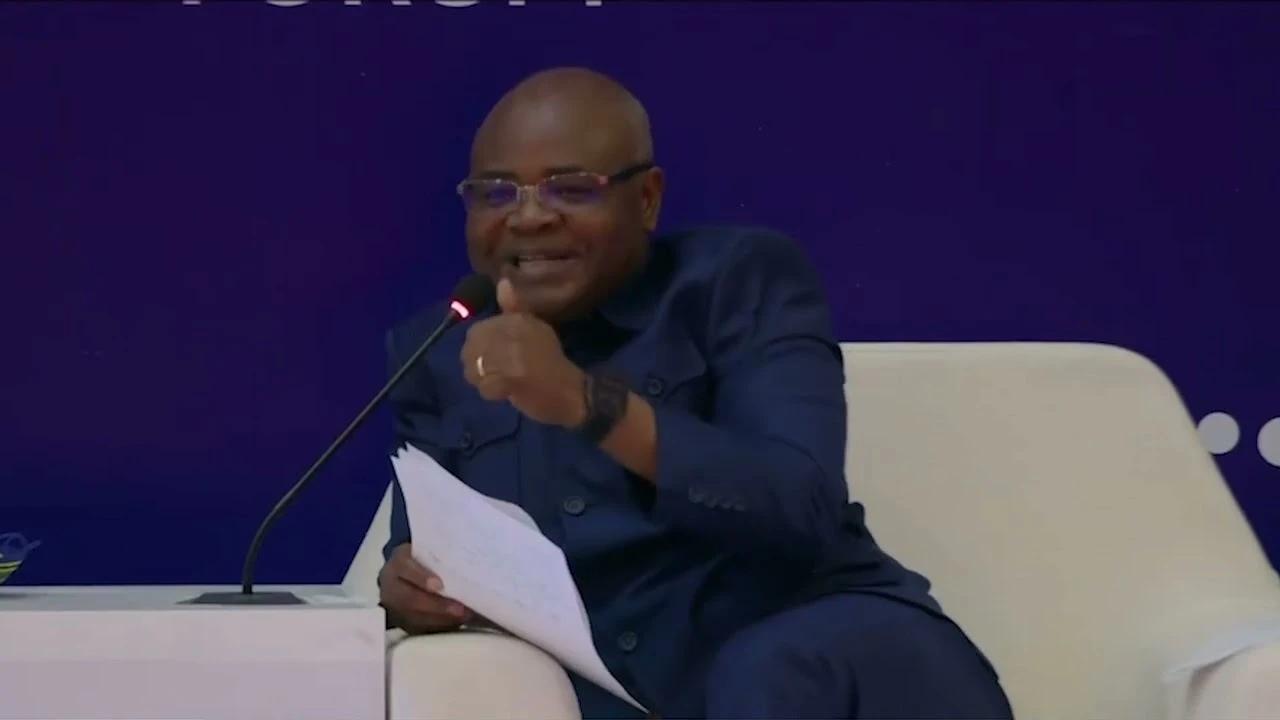Trump’s tariffs: Africa regroups amid shattered trade ties
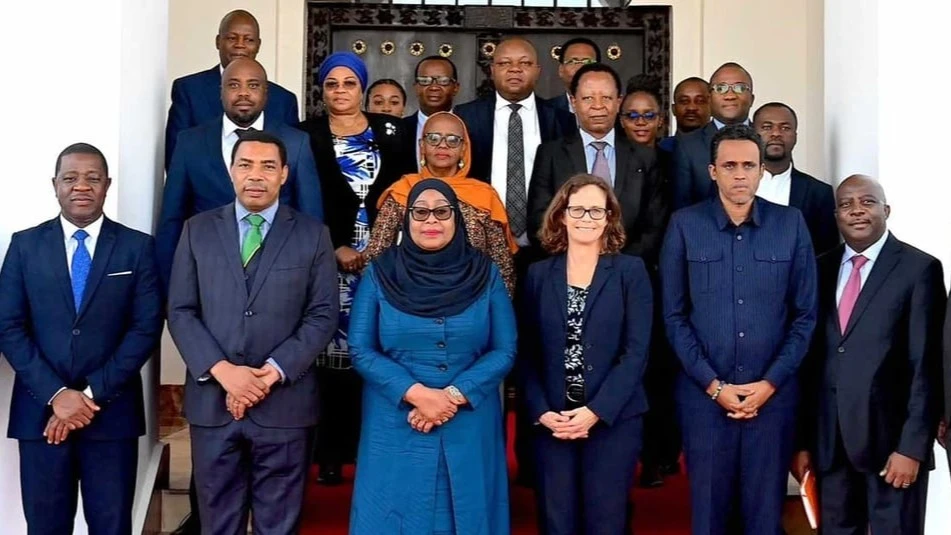
IN April 2025, President Donald J. Trump launched what some are calling the most aggressive trade overhaul in modern American history.
This sweeping tariff regime has sent shockwaves through global markets, leaving African economies scrambling for lifelines. By invoking the rarely used International Emergency Economic Powers Act (IEEPA), Trump declared an economic emergency and imposed a blanket 10 percent tariff on all imports into the United States.
Countries with significant trade surpluses against the U.S. now face punitive rates of up to 50 percent. The implications for Africa are both immediate and deeply destabilizing.
“The rules have changed, and we weren’t consulted,” said a senior trade official from South Africa, who asked not to be named due to ongoing diplomatic efforts. “This isn’t just a policy shift—it’s a full-scale reset of our relationship with the United States.”
The measures effectively gut the African Growth and Opportunity Act (AGOA), a cornerstone of U.S.–Africa trade relations that, since 2000, had allowed duty-free access to the American market for thousands of African goods. While the legislation technically remains on the books, the new tariffs override its benefits, dismantling the structure without formally repealing it.
Across the continent, governments and industries that had spent decades building supply chains around U.S. access are now facing canceled orders, factory closures, and rising unemployment. Lesotho, where over 40 percent of the textile workforce depended on U.S. contracts from companies like Levi’s and Wrangler, has been hit with a staggering 50 percent tariff.
Madagascar faces 47 percent duties on key exports like vanilla and garments. Mauritius, South Africa, and Côte d’Ivoire—all of which built high-value agro-processing industries for the
U.S. market—now find themselves priced out almost overnight.
The consequences are not theoretical; they are already visible in empty warehouses and halted production lines. At the center of the disruption is a doctrine of economic nationalism that
prioritizes what Trump has called ‘fair and reciprocal trade’.
In a recent address, he defended the move: “For too long, other nations have taken advantage of America’s open markets while giving us nothing in return. That ends now. If they want access to our consumers, they must give us the same respect and opportunity.”
But Africa’s trade imbalance with the U.S. is not one of malice or manipulation. Many African countries export raw or low-value goods and import expensive American technology and services. “Reciprocity doesn’t work the same way when you’re comparing Lesotho’s textile factories to America’s aerospace industry,” said Dr. Wanjiku Mwangi, an economist
based in Nairobi.
“This is not a level playing field, and pretending it is will only hurt the vulnerable.” Nowhere is this sense of injustice more palpable than in Tanzania, where the reaction has been one of deep concern—but also of clarity and resolve.
Professor Kitila Mkumbo, Tanzania’s Minister of Investment, minced no words: “This isn’t just about trade. It’s about dignity. It’s about the soul of Africa’s development story being undermined.
For over two decades, AGOA was a bridge—not a handout, but a strategic partnership. These tariffs are dynamiting that bridge.” Mkumbo, who has long championed industrialization and youth employment as Tanzania’s growth engines, emphasized the human cost.
“These aren’t numbers on a spreadsheet. These are mothers in Arusha, tailors in Mwanza, and young entrepreneurs in Dar es Salaam who believed in the promise of a mutually respectful global economy. What do we tell them now?”
Vincent Bruno Minja, who took over as President of the Tanzania Chamber of Commerce, Industry and Agriculture (TCCIA) in November 2023, echoed that sentiment, though with an added edge of pragmatism.
“Trump’s tariff shock has rattled us—but it’s also a wake-up call,” he said. “We must diversify our markets, deepen intra-African trade, and leverage frameworks like the African Continental Free Trade Area (AfCFTA). Still, we can’t pretend this isn't a betrayal of trust. America asked us to play by the rules. We did. And now the goalposts are not just moved—they’re
burned down.”
Minja highlighted how Tanzanian exporters—especially in agro-processing and apparel—had worked hard to meet American standards. “We adjusted our labor laws. We invested in sustainable practices. We created traceability systems. We did our part. What we’re seeing now is not reciprocity—it’s retaliation without cause.”
Despite the frustration, there’s no appetite in Tanzania to retreat from global engagement. Instead, there’s a hunger to reclaim agency. As Prof. Mkumbo put it, “We are not victims. We are builders. And if one door closes, we will make a new one.”
Back in the textile hubs of Morogoro and Mbeya, where looms are quieter than they were just months ago, the hope isn’t dead—it’s just recalibrated. Workers speak of dreams deferred, not destroyed. “Maybe America isn’t the final destination,” said one garment worker, Fatma, 27. “Maybe it was just one chapter in a longer story.”
That story, now, is being rewritten—not with bitterness, but with boldness. Africa, and Tanzania in particular, is standing tall in the face of a policy storm, ready not just to survive but to reimagine what global trade could be—on African terms.
Within weeks of the new tariffs, major U.S. retailers began pulling orders, citing sudden cost increases. In Lesotho alone, labor unions estimate up to 18,000 jobs could be lost by the end of the year.Agriculture is faring no better.
South Africa’s citrus industry, long considered a model of export success, faces a devastating blow. The new tariffs have pushed the cost of oranges and lemons beyond competitive range, threatening an estimated 35,000 jobs and putting immense pressure on smallholder farmers. Wine producers in Mauritius and cocoa processors in Côte d’Ivoire are facing similar challenges.
For many, the U.S. was not just a trading partner—it was the anchor of their export strategy. Oil exporters like Nigeria and Angola initially hoped to ride out the storm, as hydrocarbon imports were technically exempted. But the relief was short-lived. A surge in U.S. shale production—reinvigorated under Trump’s renewed “Drill, Baby, Drill” policy—has flooded the market and depressed prices.
Angola’s finance ministry recently warned of an impending budget crisis as oil revenues fall below breakeven levels. At a geopolitical level, the tariffs have been accompanied by another blow: deep and abrupt cuts to U.S. development aid. Nine African countries—including Senegal, Guinea, and Tunisia—have seen their U.S. assistance slashed to zero.
Major partners like Ethiopia, Kenya, and Uganda have experienced program suspensions and mass project cancellations. Across the continent, over 5,000 U.S.-backed initiatives in health, education, and governance are in limbo or defunded.
The shift has accelerated a growing pivot among African governments toward alternative allies. China, already Africa’s largest trading partner, has moved quickly to deepen its engagement.
As U.S. tariffs gut AGOA benefits, Africa faces a pivotal moment.
While the EU and Gulf nations fill the investment void, some countries like South Africa and DRC still seek U.S. engagement. Yet these efforts feel piecemeal. Ambassador Omar Arouna warns this is more than trade—it’s about exclusion from decision-making. In response, the African Union and blocs like ECOWAS are pushing for a unified stance, with renewed focus on
AfCFTA, value addition, and diaspora lobbying.
With AGOA’s future uncertain, firms like Gunster Strategies Worldwide are stepping in to reshape engagement through influence and media. The message is clear: Africa must act now—or risk being sidelined in the new global order. As one official said, “Be at the table—or on the menu.”
Top Headlines
© 2025 IPPMEDIA.COM. ALL RIGHTS RESERVED












